Inflation, Supply Chain Headaches And Staffing Shortages: CEOs Talk About 'Big Picture' Challenges
Executive Summary
Although procedure volumes have mostly recovered from the shock of COVID-19 two years ago, the effects of the pandemic on the medtech sector and the economy overall will be felt for years to come. In recent analyst and sales and earnings presentations, CEOs of major medtech companies faced questions about how their company is handling these major "macro" issues.
During their recent presentations for analysts and investors, the CEOs of Abbott, Johnson & Johnson, Medtronic, Edwards Lifesciences, Stryker and Zimmer Biomet each discussed the major "headwinds" their companies are facing at this unprecedented moment in history. In Vivo compiled some of the highlights.
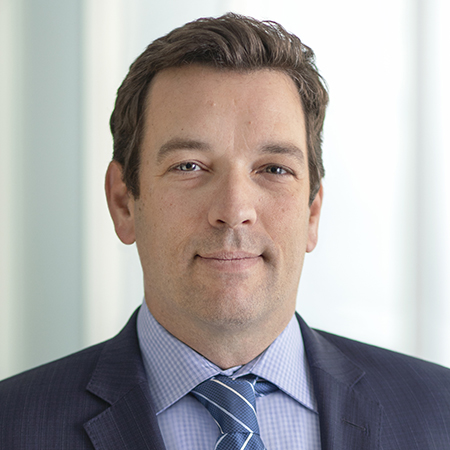
Robert Ford
CEO of Abbott
If you look at a lot of the financial and consumer indicators, retail, housing, auto, etc, those tend to point towards an increased risk here of recession.
So, what I would say is, historically in the macro environment, health care has proven to be pretty resilient, and whether it’s the durability of these essential procedures and products (and you can only defer them somewhat), a large portion of the health care spend is government funded, and we’ve got a diversified model that’s proved itself to be very resilient in this kind of environment.
20 July 2022
Read more about Abbott's ongoing investments in health diversity and inclusion.
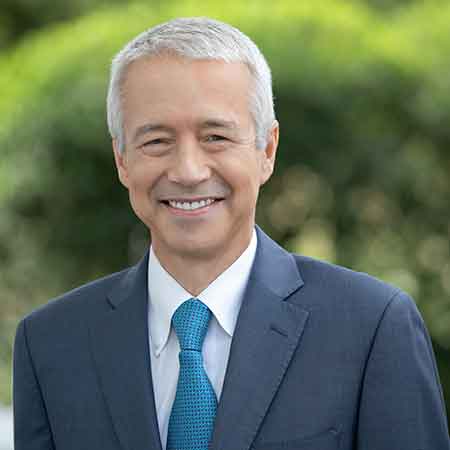
Joaquin Duato
CEO of Johnson & Johnson
The fact that we are a large company helps us navigate in different margin pressures ... . And what I can tell you is from where we are today with what we know today, and I underline what we know today, we believe we're going to be able to manage these headwinds in the context of our guidance. I mean, could things get worse? I don't know.
... I don't think that in 2020 you would have thought that in 2022, we would be still talking about COVID.
But the important thing for investors to consider is that from what we know today, given all the pressures that are going on, we still believe that we can manage that in the context of our guidance. And that is very unique of Johnson & Johnson. That is one of the advantages of investing in Johnson & Johnson: That there's not one single thing that is material. We can manage multiple headwinds at the same time and still deliver a consistent result.
1 June 2022
Read more about Johnson & Johnson's investment in expanding access to vision care.
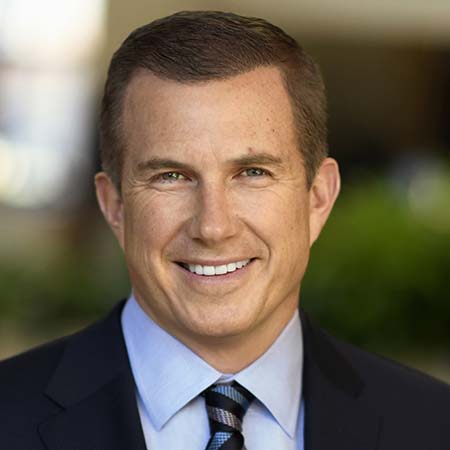
Geoff Martha
CEO of Medtronic
[With the supply-chain challenges] it's just a tough environment out there. And it is very acute right now, but that part will get better ... in the next couple months.
...With this new environment and geopolitical situation ... we're going to be building in some more resiliency into our supply chain and 'architect' that from center of the company.
14 June 2022
Read more about Medtronic's ongoing restructuring strategy.
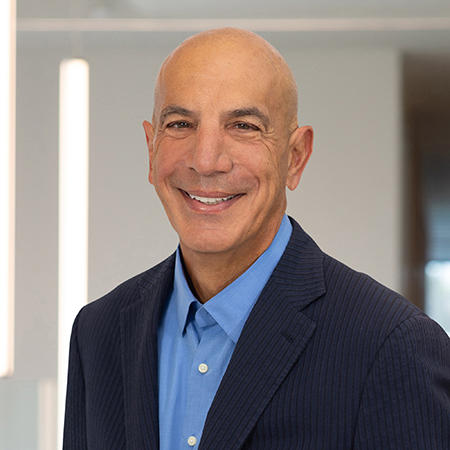
Michael Mussallem
CEO of Edwards Lifesciences
When the pandemic first happened, hospital beds were all filled up with COVID patients, and we don’t see that today. Hospitals have beds and they have capacity. They just don’t have staff. And I think sometimes what we’re challenged with a little bit is, as people test positive for COVID, they’re not getting hospitalized, but they have to leave the workforce while they isolate. And I think that’s exacerbating a little bit of the staffing challenges. …
The patients don’t wait well. And we were already dealing with under-treatment of [aortic stenosis] before the pandemic hit and, certainly, this hasn’t made it better. But these patients deserve therapy, and we’re hoping this returns back to a more normal state soon.
28 July 2022
Read more about how Edwards has maintained its lead in the transcatheter valve market during the pandemic.
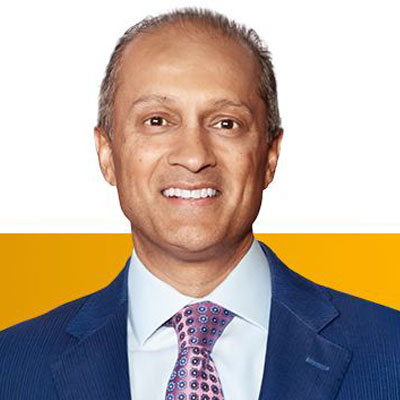
Kevin Lobo
CEO of Stryker
We’re really fighting through significant supply chain challenges and inflationary pressures, and right now obviously taking it on the chin for our customers, at least for this year, but we are taking – obviously starting to take – pricing actions.
We won’t see a lot of that in this year. It’ll start to roll kind of more into next year, but I’d say the majority of our takedown is due to foreign currency, but [also] obviously very significant supply chain pressures that we’re dealing with, but a very strong demand situation overall…
We’re still living in a bit of a tough environment out there. … On the implant side, we’re feeling pretty good about it – procedures are largely back to normal in most parts of the world and really it’s about the hospital staffing. If that staffing gets better, then obviously there’s a lot of pent-up demand for procedures and we’re feeling very good about our position in those businesses.
26 July 2022
Read more about how Stryker is helping hospitals be more efficient as they struggle with staffing challenges.
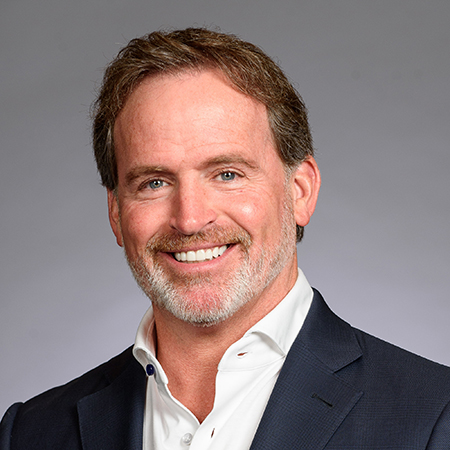
Bryan Hanson
CEO of Zimmer Biomet
I don't know when [the hospital-staffing problem] is going to stop. It's hard to predict. But the good news is that what we're seeing now anyway is very strong procedure growth. We're just seeing cancellations being the thing we're concentrating on.
So we're not seeing COVID driving ICU beds in the wrong direction or capacity of ICU beds being a challenge. [Sometimes] a patient wants to come in, the procedure is being scheduled, either the patient or the staff member gets COVID, and they can't conduct a procedure. That's what we're seeing, and that's what we saw more in June and July so far.
2 August 2022
Read about Zimmer Biomet’s investments in improving health care equity.
